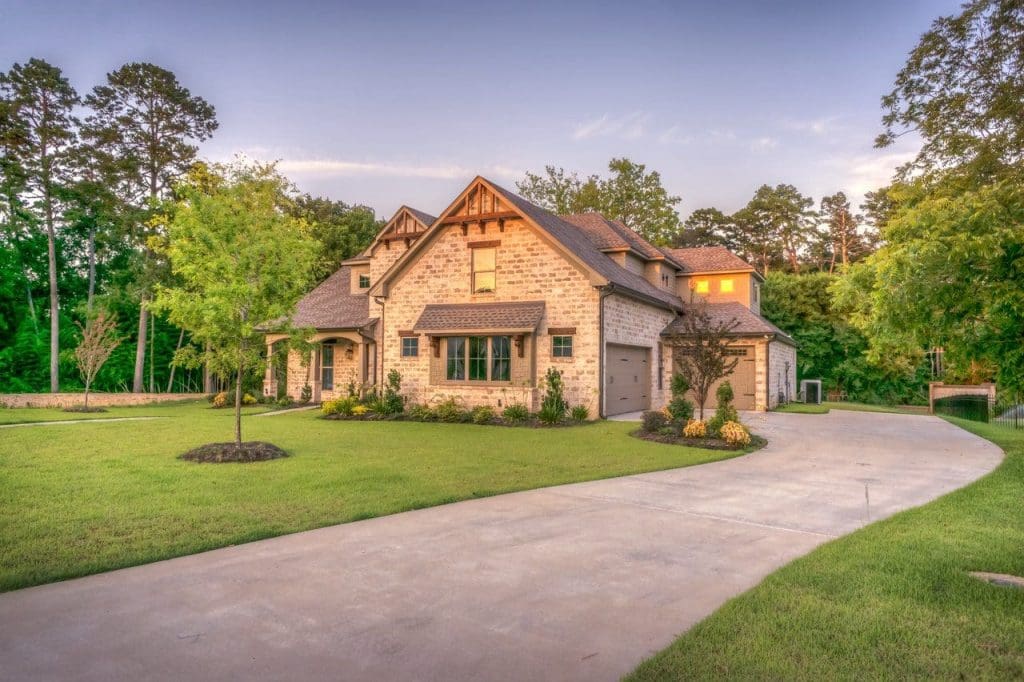You’ve found the home of your dreams. The building is stunning, the location perfect, and the price tag is not too high for you to handle. You also know that this property will significantly increase your net worth.
While buying a house comes with many steps, there are several things to consider before signing on that dotted line.
The home you purchase will likely be one of the biggest investments you ever make. If you don’t follow these seven factors to consider when buying your home, it could end up costing you more than dollars and cents — it could cost you long-term happiness.
Let’s explore what you need to know before you go about buying a house.
-
You Need a Solid Emergency Fund
When something breaks in your house, do you have the cash to fix it or are you forced to shell out cash that you were saving for a rainy day?
Having an emergency fund of at least three months’ worth of expenses is highly recommended. Not only will this keep you from draining your retirement funds when something goes wrong, but it will also provide a cushion in the event you decide to take an extended vacation or your pet needs an expensive surgery.
-
You Need Good Credit
While it’s possible to buy a home with bad credit, having good credit makes it easier for you to obtain a mortgage and pay your bills on time. Bad credit causes lenders to be more hesitant when you ask for a loan. Interestingly, many people are unaware of just how important it is to have good credit when looking for a home.
A high credit score will essentially tell lenders that you are financially reliable. This will make it much more likely that they will provide you with the amount of money you need.
In contrast, a low credit score could tell lenders that you are unlikely to repay what you owe them.
-
You Need to Be Able to Afford the Mortgage Payments
While it is possible to buy a home with an interest-only or adjustable-rate mortgage, that doesn’t mean that’s what you should do. Ideally, you will want to purchase a home in which your monthly mortgage payments can cover your taxes and insurance.
It’s also best if you can afford to put a significant amount of your income toward a down payment. The bigger the down payment, the better. If you find that your mortgage payments would be a bit too high, it’s best to look for less expensive properties.
It’s not worth the financial stress that comes with moving into your dream home if you can’t comfortably afford it.
-
You Need Money For Closing Costs
While the seller of a home typically covers your closing costs, you can end up paying a significant amount for things like a credit report and a property survey. It’s best if you have about an additional 3% of the purchase price at hand to cover these expenses. The last thing you want is to have a handful of unexpected expenses right as you are about to close the deal.
Many people put aside money to invest in their home once they purchase it. You might not be able to do so if you have to use this money to cover closing costs.
-
You Need to Work With the Right Agent
This is a no-brainer. You should only work with an agent who has your best interest in mind.
If you’re not comfortable working with the one who helped you find your dream home, don’t do it. It’s also worth considering whether or not you feel comfortable communicating with your agent.
If they don’t seem enthusiastic about working with you, you might be hesitant to get in touch with them if you have questions in the future. This could cause you to make mistakes that you would have otherwise avoided. Happen to be looking for a property with a large amount of open space?
You can check out this resource for more info on homes for sale with acreage.
-
You Need to Avoid Taking on Too Many Renovations
Even if you love DIY projects, spending a lot of money on renovations is not always the best idea. Sure, the “new” appliances may make your home look different but they could end up costing you more in the long run (and would that be worth it?).
The only renovations that should make are those that are guaranteed to add a significant amount of value to your home. This means focusing on making your home more energy-efficient, remodeling the bathrooms, and redoing your kitchen. Installing a new roof is also a great way to add value.
-
You Need to Consider Neighborhood Safety
The last thing you want to do is buy a home in a neighborhood where you aren’t comfortable walking around at night.
Your real estate agent should be able to give you an idea about the neighborhood safety, but it helps if your choice of community has gated access. Be sure that you do not overlook this factor.
It’s Essential to Consider These Factors When Buying Your Home
Otherwise, you might find yourself in a situation that you regret. For example, you could purchase a home in an area that is unsafe, or you could spend too much money on your property in general.
So, keep this guide in mind about what to consider when buying your home so you can make the decision best for you and your family.
The New Jersey Digest is a new jersey magazine that has chronicled daily life in the Garden State for over 10 years.
- Staffhttps://thedigestonline.com/author/thedigeststaff/
- Staffhttps://thedigestonline.com/author/thedigeststaff/
- Staffhttps://thedigestonline.com/author/thedigeststaff/
- Staffhttps://thedigestonline.com/author/thedigeststaff/


